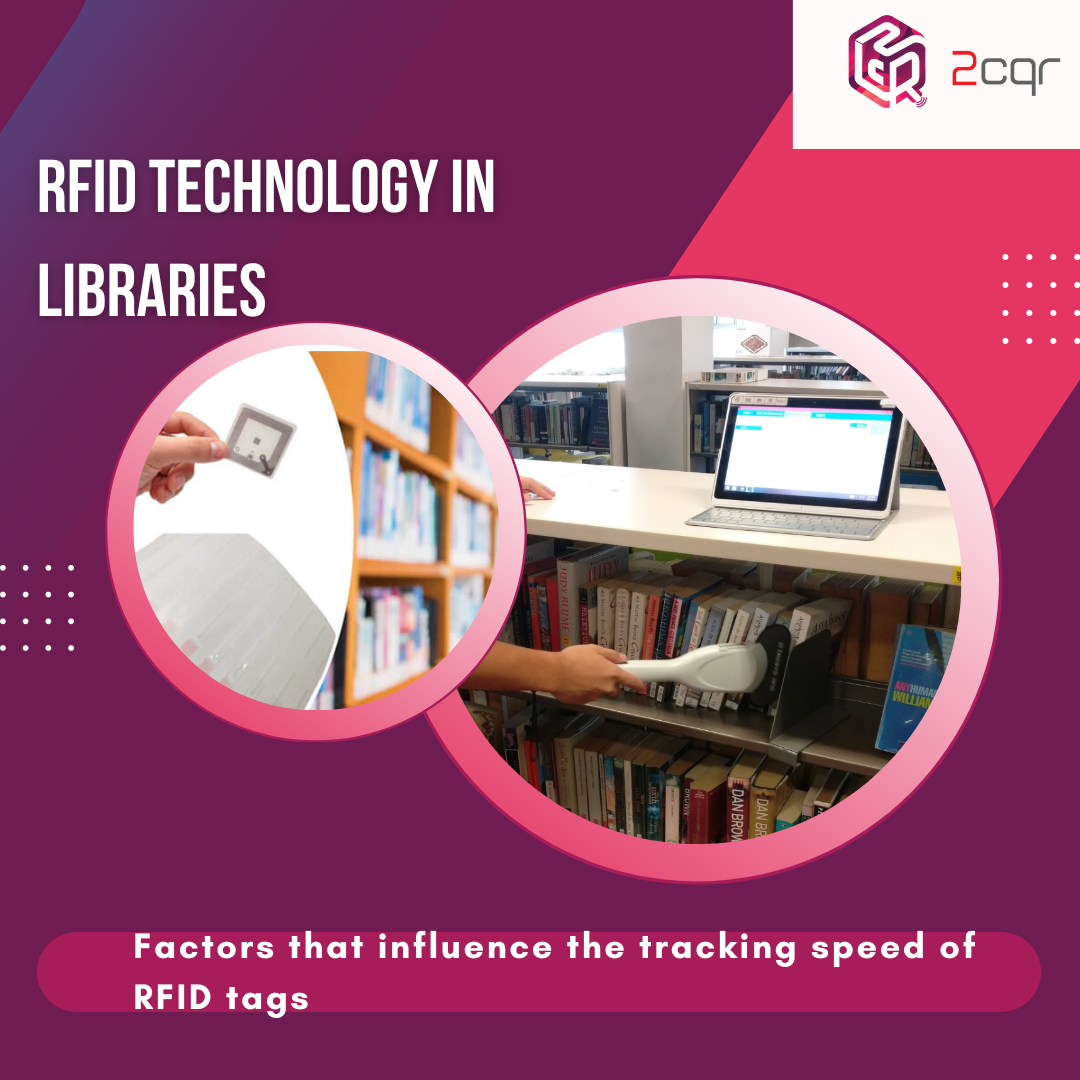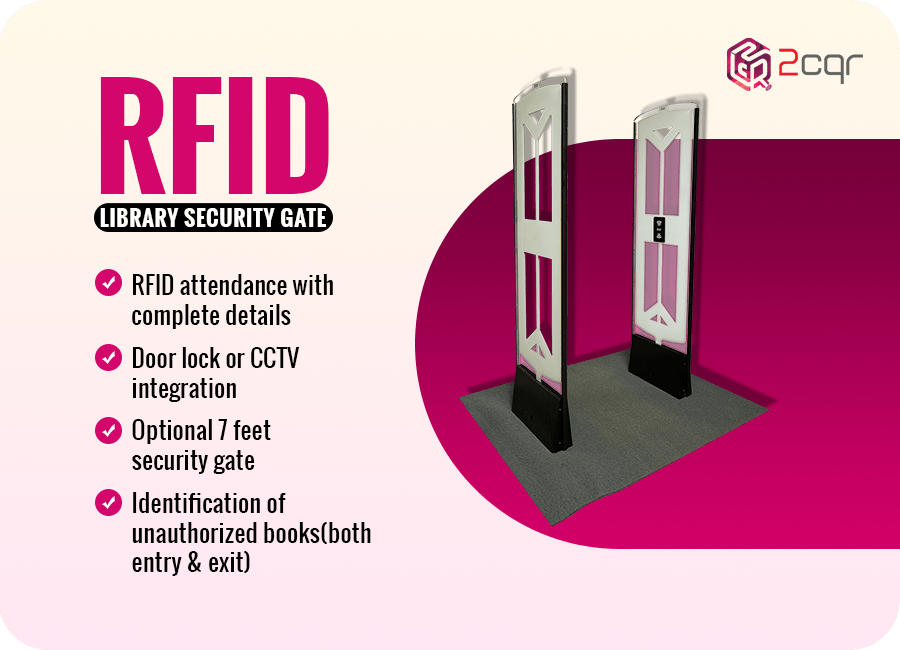
RFID in libraries has revolutionised library management, enabling faster and more efficient execution of various activities. However, the tracking speed of RFID tags plays a vital role in determining the overall speed and effectiveness of library operations.In this article, we will explore the
Factors that influence the tracking speed of RFID tags in library settings for optimising their performance:
Holding Position of Readers:
The positioning of RFID readers significantly impacts the tracking speed of RFID tags. Passive tags, commonly used in library systems, rely on radio signals transmitted by readers to transfer data.
The angle at which the RFID readers are held influences the frequency and strength of the radio signal, affecting the communication between tags and readers and ultimately impacting the tracking speed.
Tag Density:
The number of RFID tags within the range of readers can affect tracking speed as higher tag density requires more time for the reader to read data from each tag, resulting in slower tracking.
Ensuring an optimal tag-to-reader ratio can help maintain efficient tracking speed of RFID tags that results in effective library management with RFID technology.
Tag Placement and Orientation:
The placement and orientation of RFID tags in accordance to reader antennas play a crucial role in tracking speed.
Tags that are not properly aligned or facing away from the readers may require multiple read attempts, causing delays in data retrieval and reducing tracking speed.
Attention should be given to aligning tags correctly to ensure optimal performance.
Tag Interference:
Interference from external factors can impact the tracking speed of RFID tags that includes radio frequency noise or the presence of metal objects near the RFID tags can cause signal interference, leading to slower tracking and potential read errors.
Minimising environmental interference by choosing the relevant RFID tags is essential for maintaining fast and accurate tracking in the library.
Quality of Tags & Maintenance:
The quality of RFID tags plays a significant role in tracking speed because high-quality tags with strong signal strength, good read ranges, and tolerance to environmental factors ensures reliable and fast tracking.
Regular maintenance and monitoring of tags, addressing any wear and tear, are crucial for optimal performance in processing various applications of RFID tags in the library management and sustained tracking speed.
Software and System Integration:
Efficient software and system integration are vital for maximizing RFID tracking speed.
Optimised settings, well-designed algorithms, and seamless integration of RFID technology within the library management system contribute to faster and more efficient tag tracking.
Regular updates and maintenance of the software ensure compatibility, security, and improved functionality.
Conclusion:
To harness the full potential of RFID technology in libraries, it is essential to optimise the tracking speed of RFID tags by taking care of important factors mentioned above to achieve faster and more efficient tracking.
By implementing best practices and paying attention to these factors, libraries can enhance their RFID systems’ performance, leading to streamlined operations, improved productivity, and enhanced user experiences.


